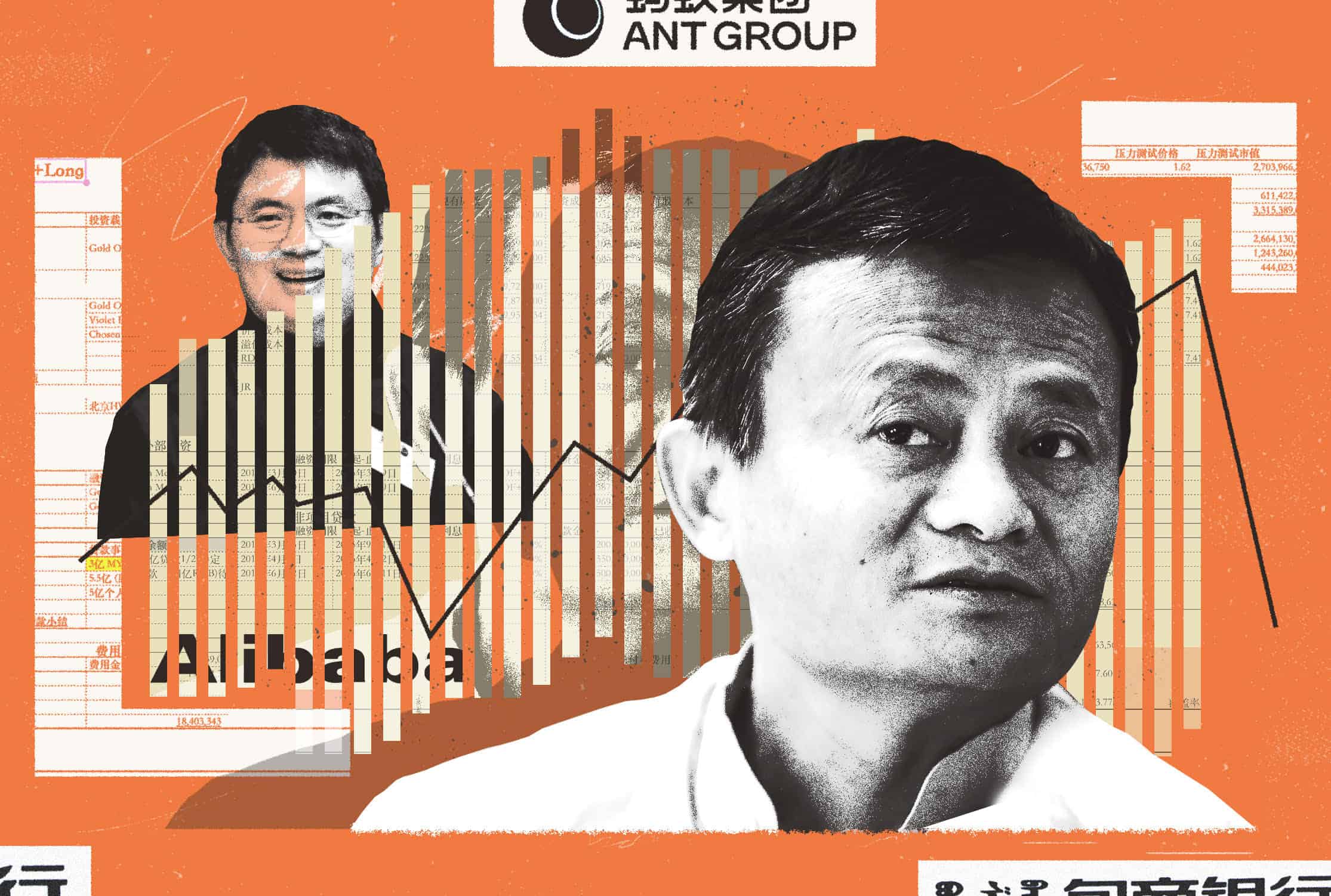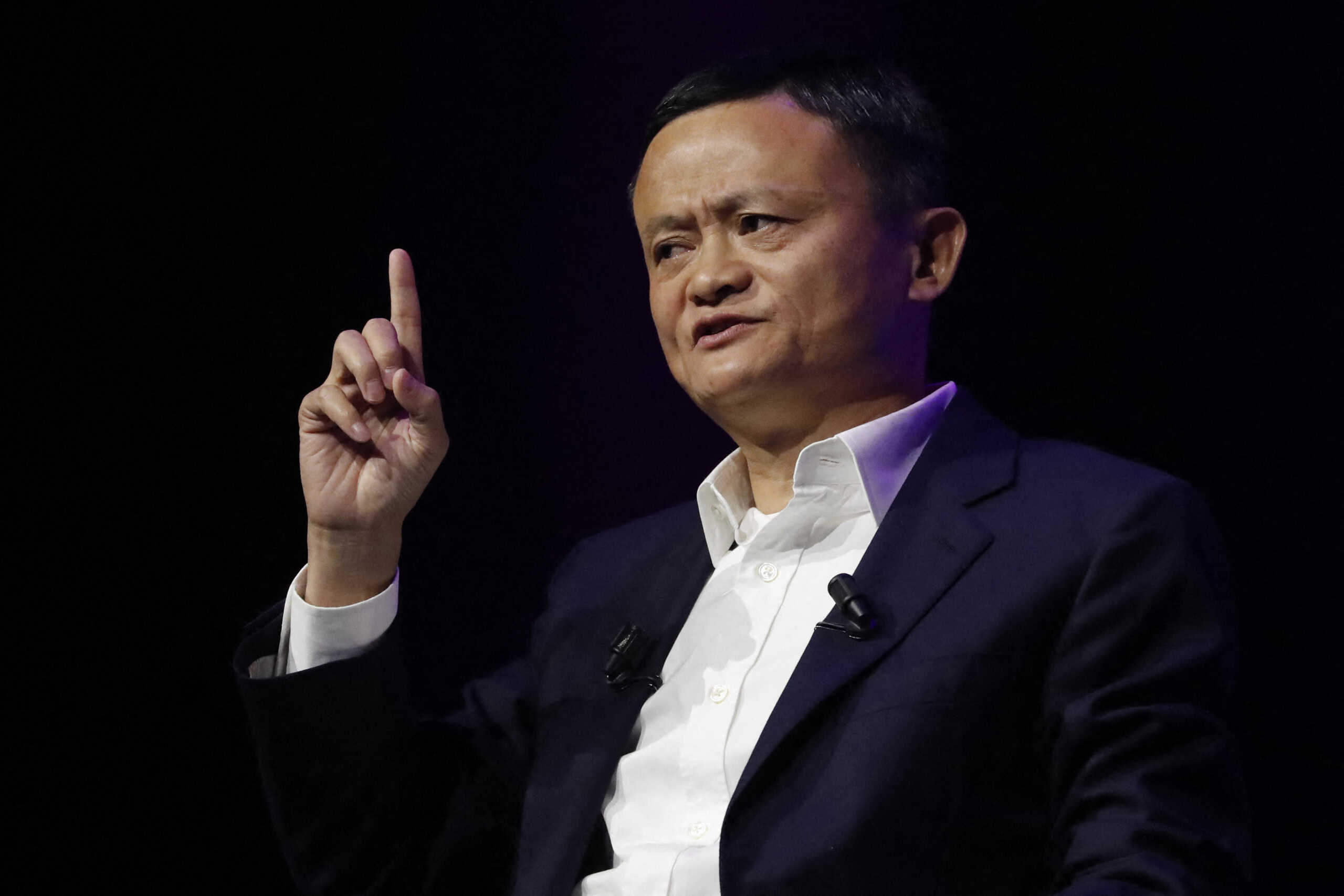Congressman Michael Gallagher is a Republican who represents Wisconsin's 8th congressional district. In December, Representative Gallagher was appointed as chairman of the Select Committee on China, a new body aiming to analyze various military, national security, and economic policy issues related to China. Before joining Congress in 2017, he served on active duty in the United States Marine Corps and worked as a staffer on Middle East and Counterterrorism on the Senate Foreign Relations Commit
Navigate China's Business Landscape with Confidence.
- Gain visibility into supplier risks
- Easily manage trade compliance
- Conduct in-depth due diligence



